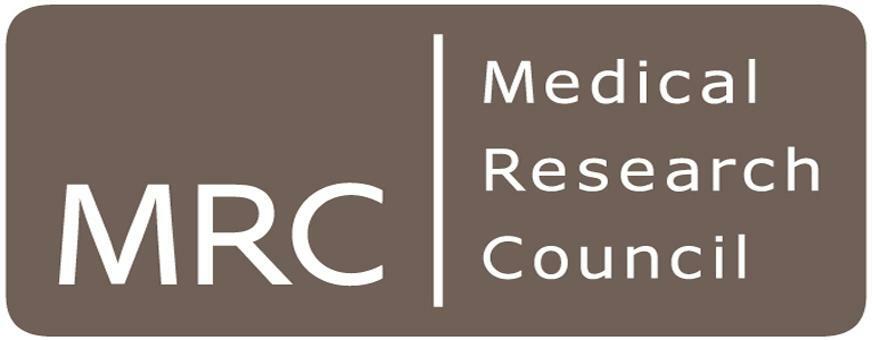
Researchers at LSTM are to take the lead on four of the MRC’s Global Challenges Research Fund (GCRF) Foundation Awards due to begin in 2017. Looking at issues including the challenges of snakebite in South Asia, lung health in Africa and a new surveillance tool for vector-borne diseases in Africa, the combined value of the awards is in the region of £1.5 million. It sees the teams at LSTM working with colleagues from institutions across the world.
LSTM’s Professor David Lalloo, Dean of Clinical Sciences and International Public Health, is the Principal Investigator on the MRC-led Foundation Award with support from the Natural Environmental Research Council (NERC) entitled: Health in a changing climate: the dynamic challenge of snake bite in South Asia. The objective is to develop spatially-explicit predictions for snakebite risk under future scenarios of climate and land-use change in Sri-Lanka, with plans to extent to other countries in South Asia in the future.
Professor Lalloo said: “It is estimated that 120,000 people die each year due to snakebite, and those that survive often do so with terrible health consequences and disabilities. The people mostly affected are the rural poor in low and middle income countries in the tropics and sub tropics, and due to the complex interactions between human behaviour, climate, varying geography and other factors affecting snake distributions it is vital that we have improved methodological approaches for mapping snakebite risk. Our study aims to improve the ways in which the epidemiological burden of snakebite can be estimated and we are delighted to have been successful in the first phase of this funding. The research team brings together experts from a number of internationally renowned institutions, and we look forward to beginning the project shortly.”
As well as having researchers involved in further projects led by other institutions, LSTM will also head up three further MRC-led awards, with support from the Biological Sciences Research Council (BBSRC). The first will see Clinical Sciences’ Dr Kevin Mortimer leading an international team looking at Lung health in Africa across the life course. They will create a multi-disciplinary, multi-site, pan-African platform to conduct research into the prevention and treatment of non-communicable respiratory disease.
Another is led by LSTM’s Dr Lisa Reimer from the Department of Vector Biology. Her study, entitled: A vector excreta surveillance system (VESS) to support the rapid detection of vector-borne diseases, The project will involve laboratory-based mosquito exposures with a range of filarial worms, protozoan parasites and arboviruses, followed by field validation in western Ghana.
LSTM’s Professor Martin Donnelly will work with colleagues in the Department of Vector Biology and those from around the world towards a project entitled: Using spatial statistics and genomics to develop epidemiologically relevant definitions of insecticide resistance in African malaria vectors. The aims of the project is to develop systems for the analysis of whole genome sequence data to better understand insecticides resistance in the mosquito populations that carry malaria.
The Foundation Awards represent the MRC's first phase of research funding anticipated from the £1.5bn Global Challenges Research Fund. The 41 Foundation Awards led by the MRC, and supported by Arts and Humanities Research Council (AHRC), Biotechnology and Biological Sciences Research Council (BBSRC), Economic and Social Research Council (ESRC) and Natural Environmental Research Council (NERC), have been allocated to support ambitious, novel and distinctive research in non-communicable diseases and infections, with the aim of improving the health and prosperity of low and middle-income countries through harnessing the UK’s research expertise.